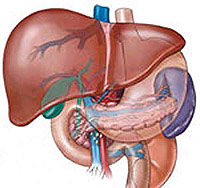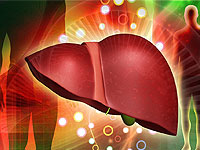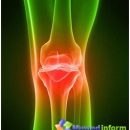What is hepatosis? What are the symptoms of fat hepatosis? How is the treatment of fat hepatosis? Answers to these questions you will find in the article.
Content
Hepatosis
Fat hepatosis is noncommunicable liver disease, which is accompanied by fat deposition in hepatic cells (hepatocytes).
Among the reasons that cause such violations can be allocated as follows:
- alcoholism
- Excessive admission of fats in food or their excess accumulation in the blood due to various metabolic disorders
- Endocrine diseases
- Impact of toxic liver substances, some microorganisms.

Fat hepatosis arises due to excessive admission of fats in
Liver (liver overload with food fats) or due to violation
Living from liver. Lifting disorder from liver
occurs when a decrease in the number of substances involved in recycling
Fats (protein, lipotropic factors) and unnecessary free fats
postponed in hepatic cells.
Symptoms of fat hepatosis
Patients with hepatosis of complaints usually do not prevent. Most often,
Hepatosis is detected when an abdominal ultrasound, which is carried out by the patient
For other indications. The course of the disease is estimated, slow-ending.
Over time, constant blunt pains appear in the right
hypochondrium, nausea, vomiting, stool disorders. Patient worried
Weakness, headache, dizziness, fatigue at physical
Load. Hepatosis has been very rarely observed with severe clinical
Painting: severe pain, weight loss, itching, bloating. Course of the disease
Usually not hard. If fat hepatosis is not treated and continuing
consumption of fatty products, overeat, build a body weight, then he
can go to chronic hepatitis or even cirrhosis of the liver with everyone
consequences.
How is the treatment of fat hepatosis
A diet with an increased protein content, fats restricting,
especially refractory animal origin. Polyvitamins are prescribed,
Preparations «Hepatoprotectors» (Protecting liver) - heptral, phosphoglie,
Esssential and other. Sufficient physical activity is recommended. Necessary
Note that the treatment of fat hepatosis is usually long-term, not less than 2-3
months, followed by the control of abdominal ultrasound, biochemical
blood indicators. However, in the absence of changes from the image
Life, with a continuing increased body weight, in non-compliance with the diet,
Treatment of fat hepatosis may be ineffective and after
The end of the treatment of fatty hepatosis is returned again.









